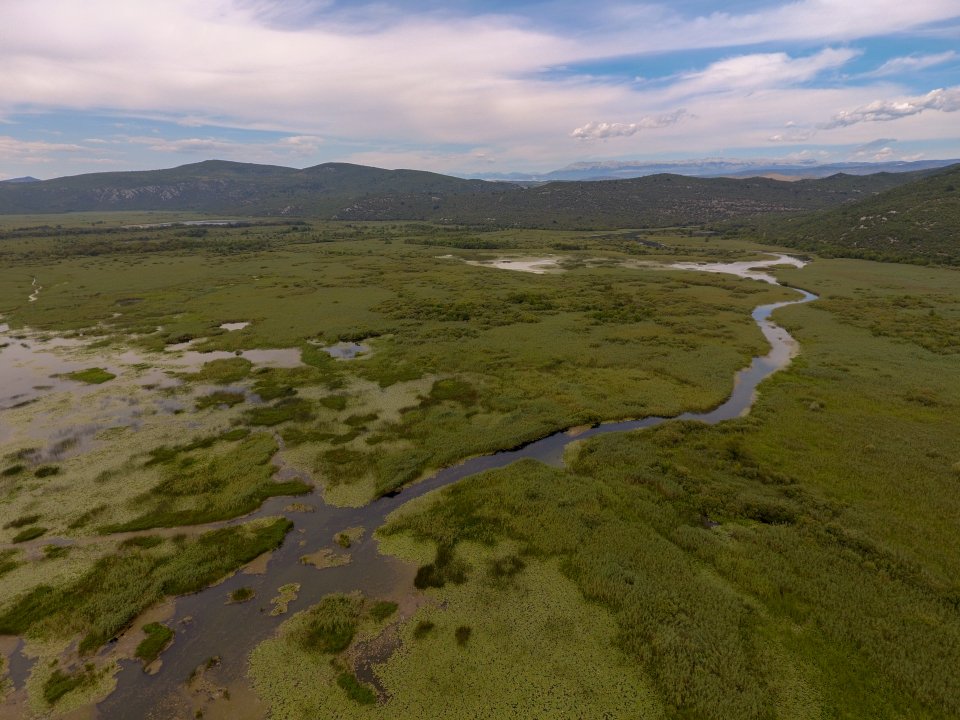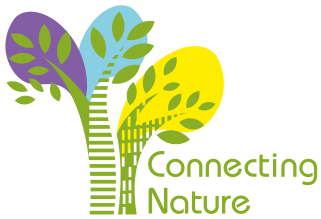
Objective:
Peatland sites within carstic catchments in Bosnia and Herzigovina are to be restored through channel restoration and rewetting, thereby protecting these hotspots for (endemic) biodiversity. The case study aims at achieving an amicable transition from the current heavy hydropower usage and peatland extraction to more near-natural, healthy ecosystems.
This case study is one of 17 that are part of the EU Horizon2020 project MERLIN - Mainstreaming Ecological Restoration of freshwater-related ecosystems in a Landscape context: INnovation, upscaling and transformation
Potential impacts/benefits:
- increased carbon sequestration
- protected and increased diversity of often endemic rare plant and animal species
- best-practice case for how ecosystem restoration can be acheived in allignment with hydropower companies' interests
NbS benefits
- Increase infiltration / Water storage
- Reduce drought risk
- Reduce flood risk
- Reduce run-off
- Carbon sequestration and storage
- Restoring ecosystems and their functions
- Increase Biodiversity
Further information
Sustainable Development Goals
- 1. No Poverty
- 6. Clean Water and Sanitation
- 7. Affordable and Clean Energy
- 8. Decent Work and Economic Growth
- 12. Responsible Consumption and Production
- 13. Climate Action
- 14. Life Below Water
- 15. Life On Land
